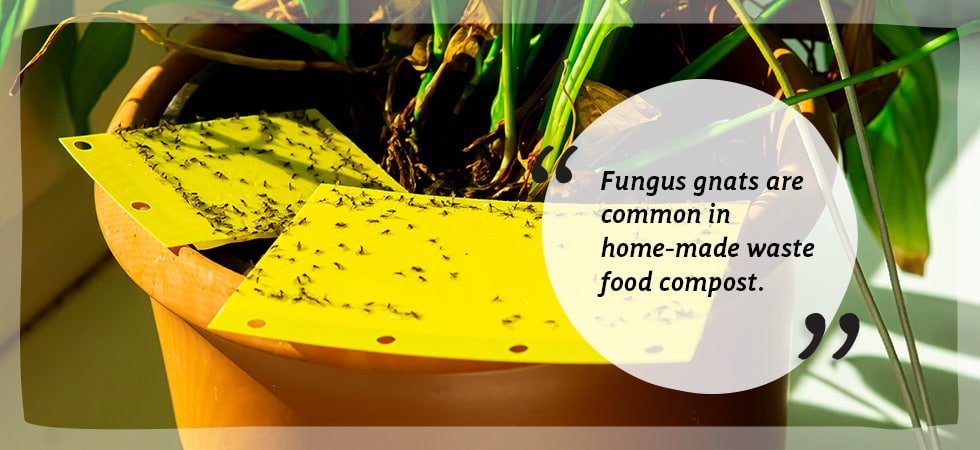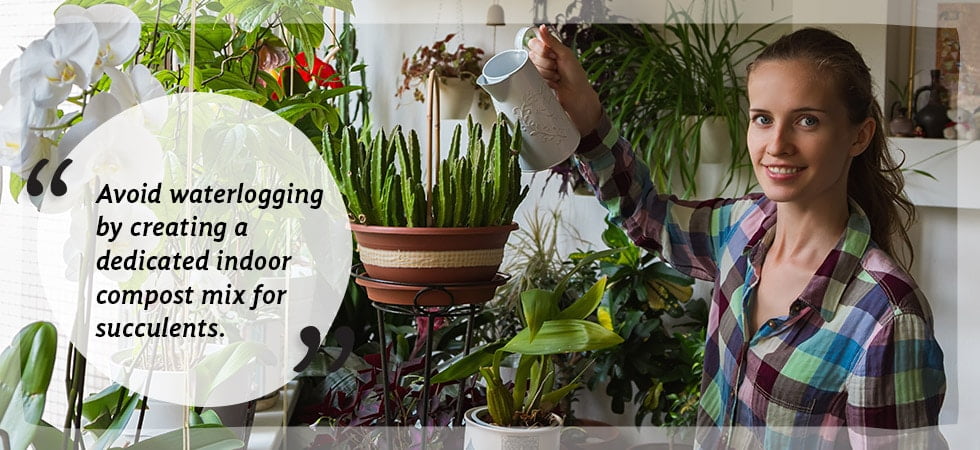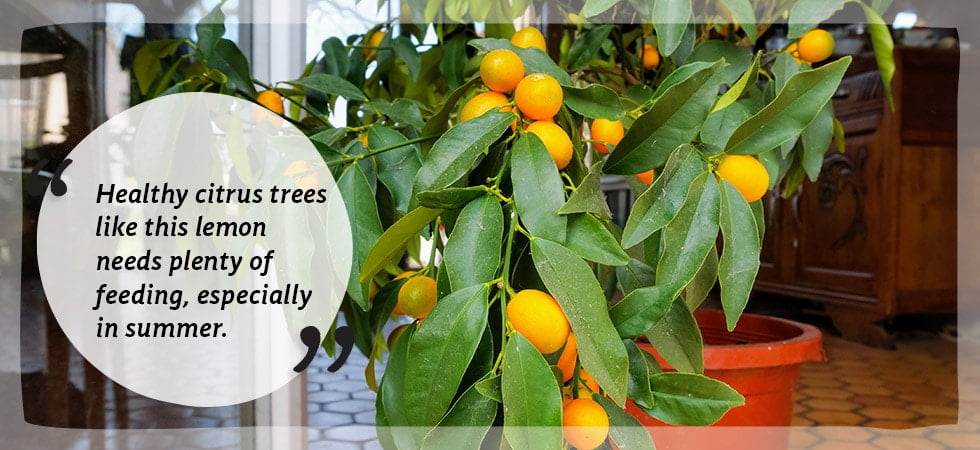Potting soil for indoor plants
Every good houseplant parent knows the joys and demands of tending to an indoor jungle. Without access to terra firma, fresh air and rain, your houseplants rely on you to keep them healthy. No pressure then! But using the right potting soil for indoor plants will make a huge difference in making sure your charges survive and thrive.
Will normal compost work as a houseplant potting mix?
Just like the best cocktail mixologist, you need to tailor your ingredients to the customer’s taste. For houseplants, off-the-shelf peat-based mixes just won’t do. Such concoctions also tend to quickly decompose, settling downwards around your plants roots so they can’t get oxygen. The more compact the mix gets, the harder it is for water to drain through and supply roots with nutrients. But a move to more sustainable peat-free potting compost can solve this.
Can I use my home-made garden compost for indoor plants?
We really wouldn’t recommend it. Home-made compost may contain pests and bugs which just love the warmth of being indoors. Ever had an infestation of tiny black flying bugs you thought were fruit flies? They were probably fungus gnats that lay their eggs in moist soil and chomp through young roots, causing significant plant damage and even their demise. They probably hitched a ride on the bark and household compost used in the mix.

DIY potting soil for indoor plants
Making your own potting soil means you will know exactly what is going into it. But you will need a sterile growing medium like our coir brick. Into this mix your preferred ingredients such as bark, perlite, organic matter, sand, limestone or vermiculite.
Pro Tip: A typical homemade indoor potting mix varies slightly due to preference. But they are usually made up of 30% sieved household compost , 30% Coco coir fibre, 15% perlite, 15% vermiculite and 10% coarse sand.
Best compost for indoor plants
The majority of houseplants thrive in growing mediums which retain moisture, but allow water to drain easily, and are loose and airy. They also need to be free of bacteria and weed seeds. Our Coco Boost NPK peat-free compost is a natural and organic peat free coir mix with all these properties.
The added nutrients of nitrogen, phosphorous and potassium are great for feeding flowering and foliage houseplants for up to six months.
Soil fertilisers for indoor plants
Houseplant babies need to be fed in a different way compared to outdoor plants. Whether you choose a liquid or granular fertiliser:
• Look for ‘suitable for houseplants’ on the label
• Remember flowering plants need a mix with a little more potassium
• For leafy plants, the nitrogen ratio should be slightly higher
Pro tip: to avoid brown leaf tips, reduce feeding in the autumn and don’t feed your house plants at all during the winter.
A different menu
The majority of your houseplants might be loving the compost equivalent of the set lunch. But some of your darlings might need something more a la carte and bespoke:
Indoor succulents

Arid succulents like cacti need a chunky and airy mix to avoid waterlogging. We recommend mixing Coco Boost with something like perlite, sand or pumice to mimic the desert. Coco coir is a great material for retaining water, so make sure not to overwater. It also absorbs water easily when dried out, unlike peat moss, which repels water when dry. This means water is absorbed quickly and easily into the coco soil, reducing the amount of water that simply runs through the bottom of the pot when the soil is particularly dry.
Citrus plants
Lemon and orange trees are HUNGRY, so make sure you feed them regularly in the spring and summer. If leaves begin to yellow, you might need to feed them extra magnesium.

Tips from the ‘Green Gardeners Guild’ online advice library
Get more tips and hints on improving your green fingers by checking out our blogs:
• How to prepare coco coir: garden use vs indoor plants
• The best growing medium for microgreens
• How to keep plants warm indoors – part of How to keep plants warm in winter
Show off your plant parent prodigies!
Are you rearing a stunning senecio? A monster monstera? Let us know on social media! Tag us using @cocoandcoir on Instagram or on Twitter










